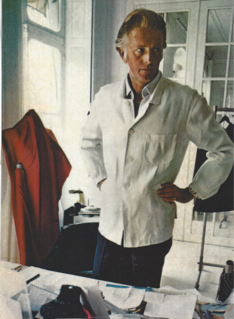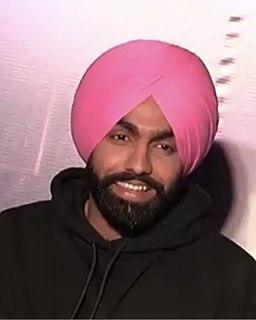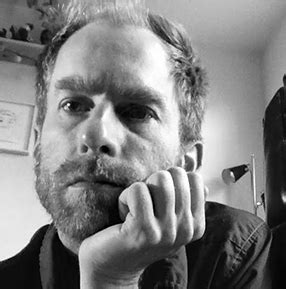A Quote by Sylvester Stallone
I try to eliminate as much dialogue as possible, and I guess Rambo is my really best experiment with how to eliminate dialogue.
Related Quotes
By no amount of reasoning can we altogether eliminate all contingency from our world. Moreover, pure speculation alone will not enable us to get a determinate picture of the existing world. We must eliminate some of the conflicting possibilities, and this can be brought about only by experiment and observation.
Work is a means; it is not an end. And for any tasks that can be performed or eliminated by a capital instrument, human labor is not the best means... Furthermore, we have science, engineering and management - the three disciplines - that really plan and control the production of goods and services, trying to eliminate labor. Who the hell is government to come along and try to create labor? The people who are producing wealth are trying to eliminate toil, while the politicians are trying to create it.
I hate it when I'm reading a comic, and the dialogue looks like stickers stuck on top to explain what's going on. For me the best is when your eye goes in a certain point and moves through the composition and then springs out on the dialogue, or gets confused in the image and then goes to the dialogue for an explanation.
Very, that show is crazy. It was like doing finals every week. It was interesting. I really learned a lot. The dialogue is so technical. I was so impressed watching the other actors and how they managed, so I studied them. And I was blown away thinking: "How do they do that? How do they put that extra spin on the complicated dialogue to make it interesting?
You know, this dialogue is only helpful when we come, both of us, to a point where we realize that no dialogue is possible, that no dialogue is necessary. When I say understanding or seeing, they mean something different to me. Understanding is a state of being where the question isn't there any more. There is nothing there that says, "Now I understand!" That's the basic difficulty between us. By understanding what I am saying, you are not going to get anywhere.
I'm writing as I'm reading. I'm constantly already engaged in dialogue with the critics. None of these are my ideas solely. They are my form of entering into a dialogue with ideas that are already out there, and calibrating how much sense these make to me or not. I want to be responsible to the work that has already been done.




































